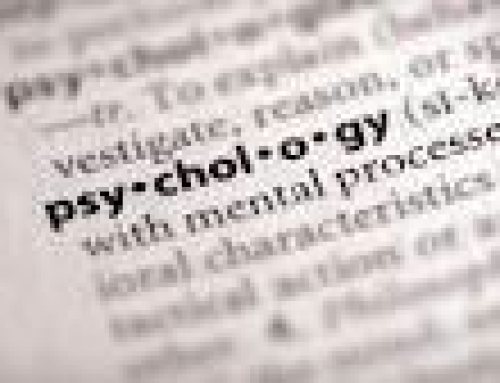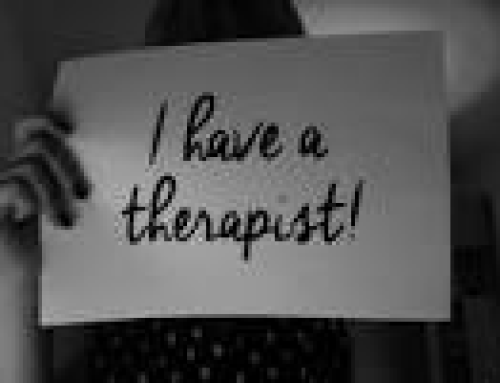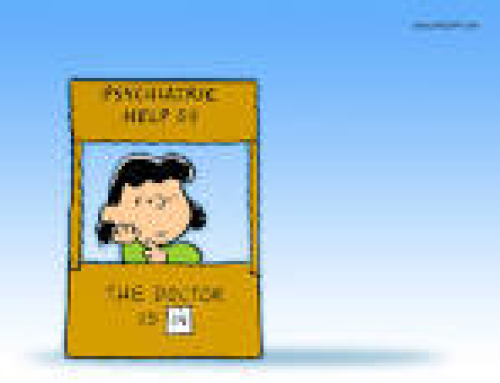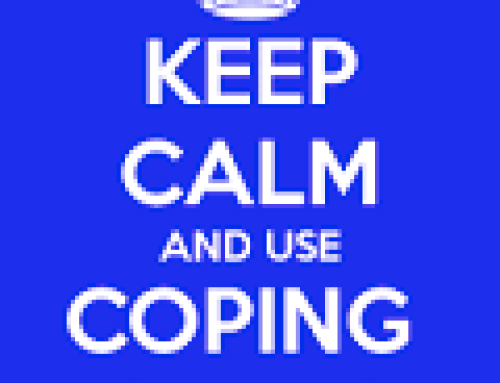Authors: Lea Zweig, Psy.D. and Alexa Rabin, Psy.D.
Attention-Deficit/Hyperactivity Disorder (ADHD) is a term that gets used frequently in society. Individuals with ADHD struggle in areas of focus, concentration, and attention, and/or they may demonstrate hyperactive or impulsive behaviors. Typically, ADHD is diagnosed in childhood, but according to the Center for Disease Control and Prevention, as many as 4.4% of adults are diagnosed with ADHD. Symptoms of ADHD might go unnoticed in childhood, as adults may excuse a child’s behavior as “normal development.” However, in adulthood, individuals are expected to perform all aspects of life to the same degree as others, and difficulties with focus and concentration may become more noticeable. Specifically, such difficulties can have a large impact on one’s relationships.
ADULT ADHD AND RELATIONSHIPS
 Individuals diagnosed with ADHD may struggle to develop healthy relationships. According to Jonathan Halvestadt, M.S., the author of A.D.D. & Romance, individuals diagnosed with ADHD experience a need for constant stimulation, and they often struggle to find a partner that fulfills this need. Many people with a diagnosis of ADHD do well in the beginning stages of a relationship because they enjoy the inherent stimulation associated with meeting new people and getting to know one another. Once the relationship progresses, however, they may become easily complacent or bored because they are no longer exposed to the excitement that is typically found in the beginning of a relationship. Moreover, individuals with ADHD are more likely to struggle with important components necessary to maintain relationships. They are more likely to have difficulty with communication skills and recognizing their need for stimulation, leading to trouble with identifying conflict and appropriately working through obstacles with their partner.
Individuals diagnosed with ADHD may struggle to develop healthy relationships. According to Jonathan Halvestadt, M.S., the author of A.D.D. & Romance, individuals diagnosed with ADHD experience a need for constant stimulation, and they often struggle to find a partner that fulfills this need. Many people with a diagnosis of ADHD do well in the beginning stages of a relationship because they enjoy the inherent stimulation associated with meeting new people and getting to know one another. Once the relationship progresses, however, they may become easily complacent or bored because they are no longer exposed to the excitement that is typically found in the beginning of a relationship. Moreover, individuals with ADHD are more likely to struggle with important components necessary to maintain relationships. They are more likely to have difficulty with communication skills and recognizing their need for stimulation, leading to trouble with identifying conflict and appropriately working through obstacles with their partner.
ADULT ADHD AND COMMUNICATION
In any relationship healthy communication can be challenging. People with ADHD might find that they have particular difficulty with:
- Interrupting others
- Obsessing over a particular idea or topic
- Not receiving the message that your partner was intending
- Changing the subject
- Not paying attention
THE NEXT STEP
Relationships are challenging even without having a diagnosis of ADHD. If you feel like any of these areas are difficult for you, then it is important that you reach out and ask for help. There are many therapists that specialize in working with ADHD, communication strategies, and developing and maintaining healthy relationships. You can have a fulfilling relationship; it just takes work.





Leave A Comment